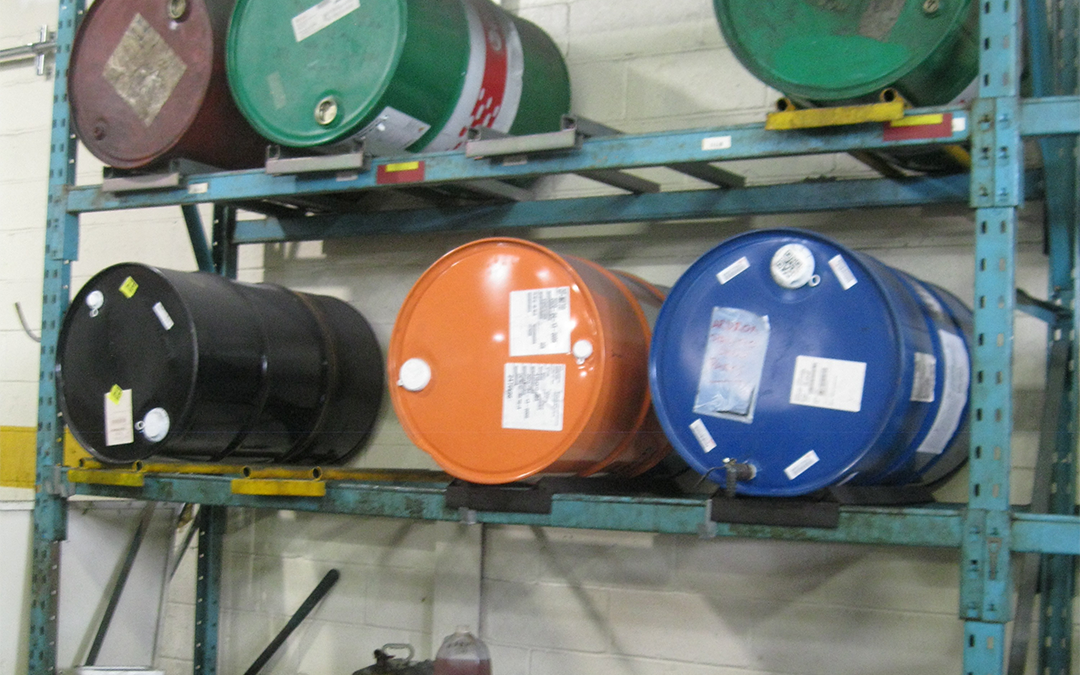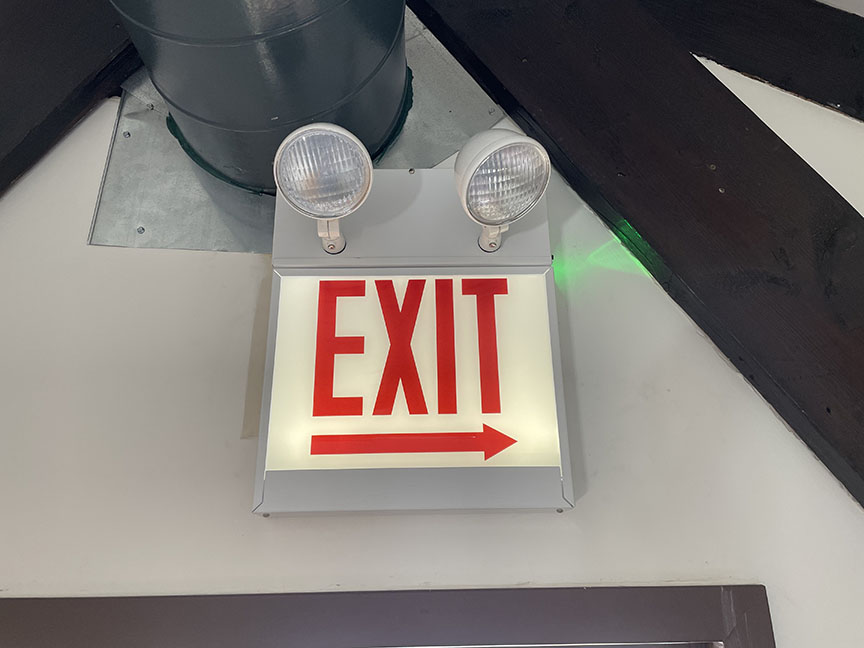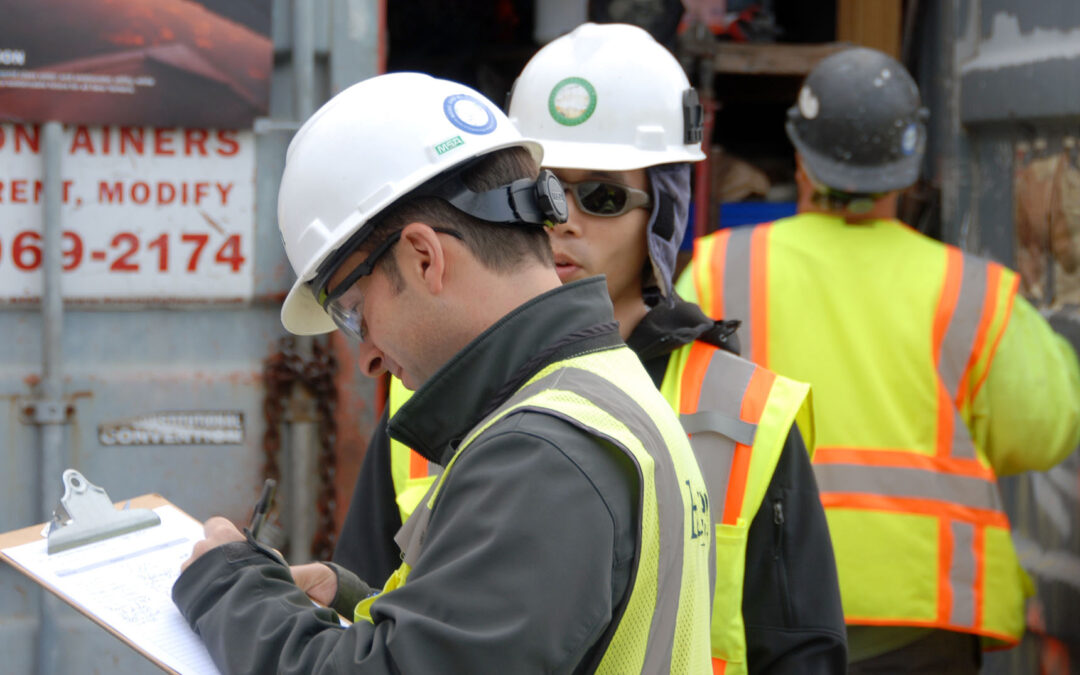
Navigating Connecticut’s EHS Regulatory Landscape: What Businesses Need to Know
Connecticut is known for having a robust regulatory landscape when it comes to environmental, health, and safety (EHS) regulations. This blog aims to provide businesses with a breakdown of the specific environmental and safety regulations in the state, offering...

EHS Best Practices for Hazardous Waste Management: A Guide for Connecticut Businesses
What Is Hazardous Waste? If you operate a business in Connecticut, the Connecticut Department of Environmental Protection (CTDEEP) has specific language on its website to guide responsible parties in assessing what is considered hazardous and what is not. According to...

Why Do We Need Fire Codes?
Buildings, both commercial and residential, are subject to fire codes. It is very important that you are familiar with the fire codes in your state and municipality. The codes are not just a checklist of items to pass inspections; they play a vital part in providing...

NYC Council Passes New Lithium-Ion Battery Safety-Related Laws
Overview New York City is experiencing a surge in private ownership of transportation devices (bikes, scooters, etc.) that utilize lithium-ion batteries. Because of that, there has been an alarming trend in fires related to the improper use, storage, and charging of...

What to Expect from a Compliance Inspection in Connecticut
What to expect Two agencies, the Occupational Safety & Health Administration and the Department of Energy & Environmental Protection (OSHA and DEEP), conduct inspections at facilities throughout the state of Connecticut. Under state law, inspectors have the...
